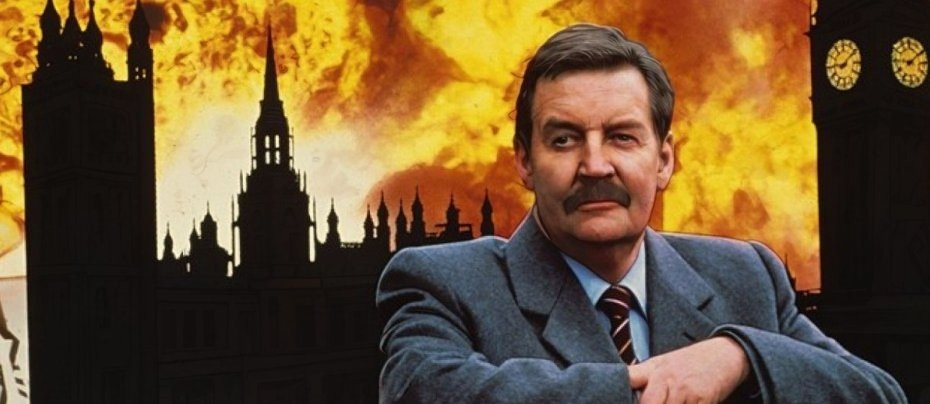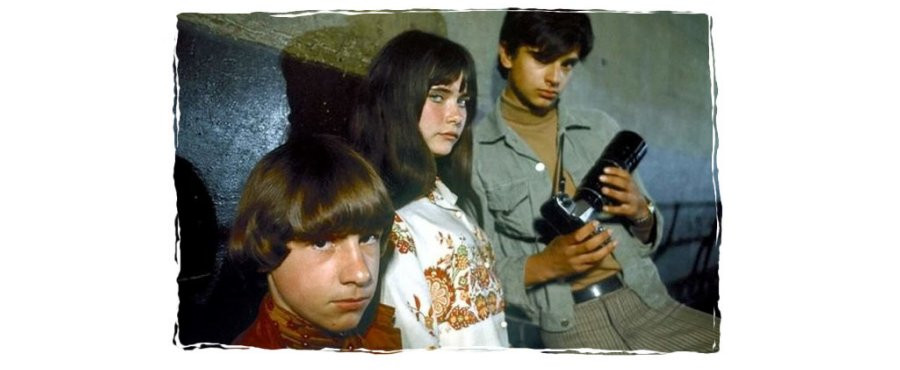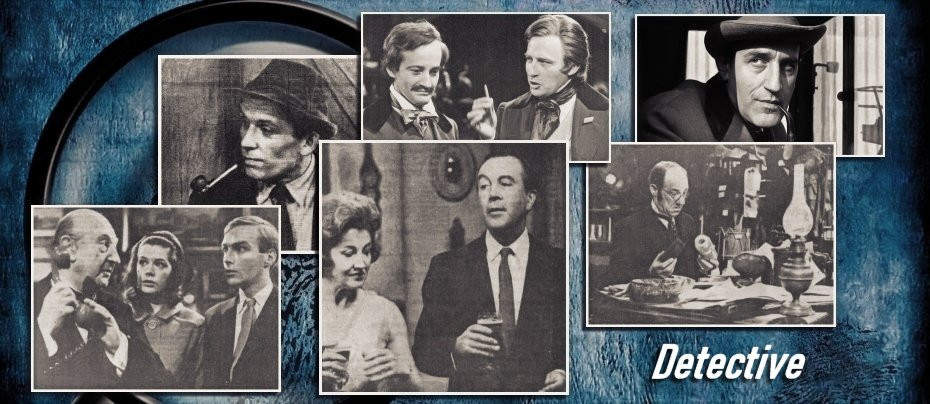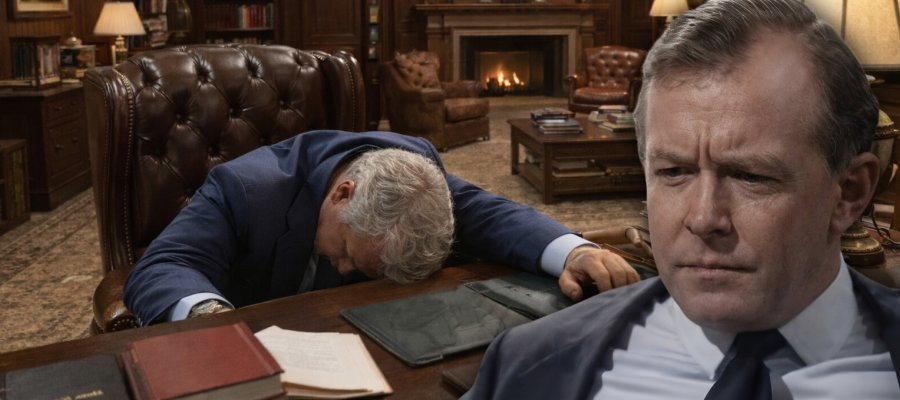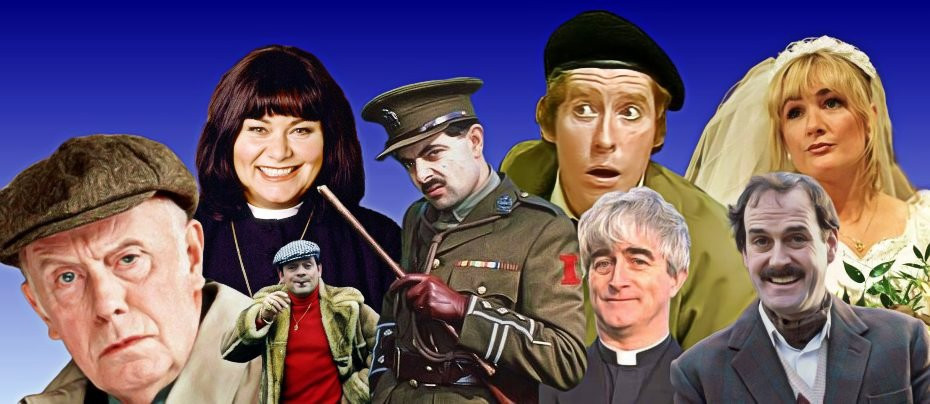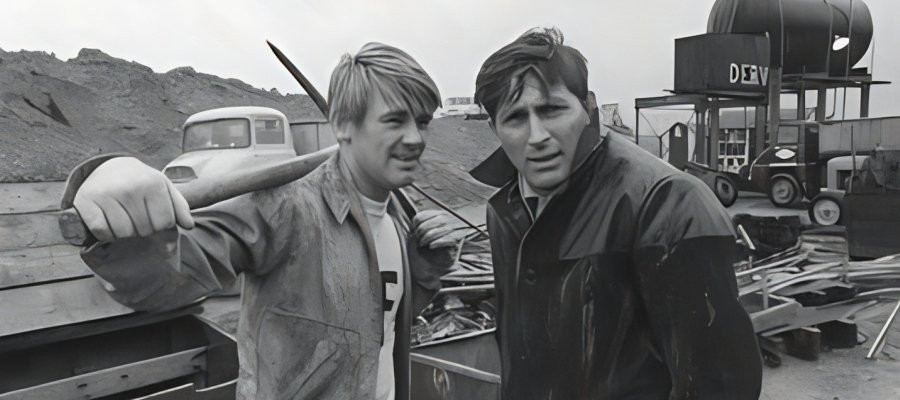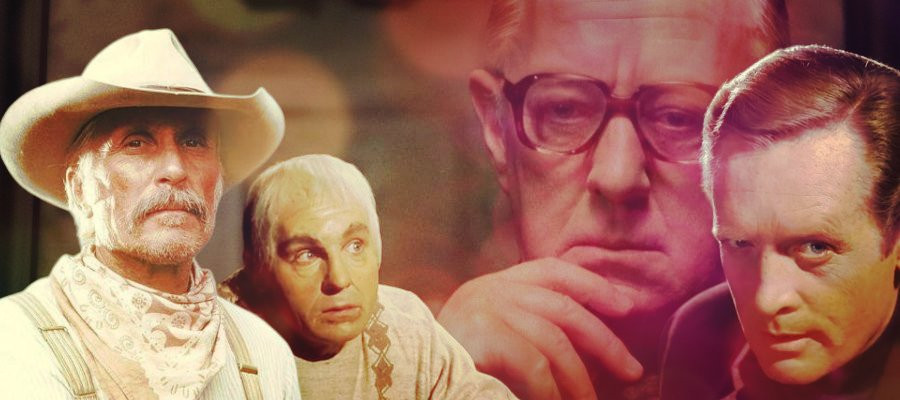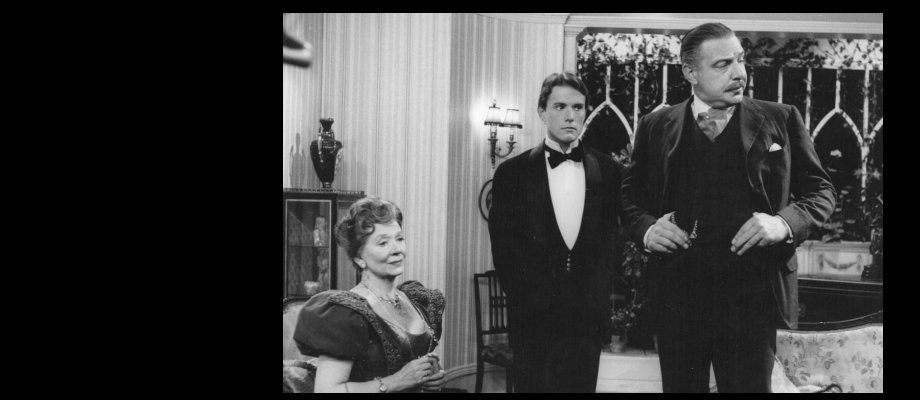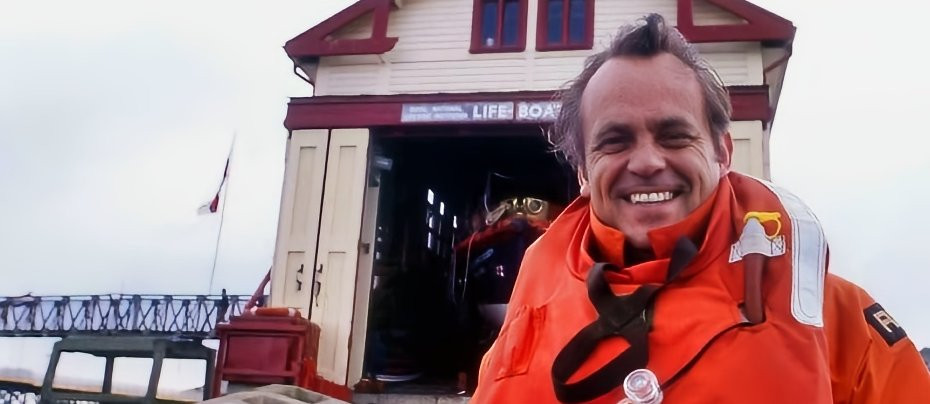
Ennal's Point
1982 - United KingdomEnnal's Point was adapted from the novel of the same name by Welsh author Alun Richards, who also adapted it for the television screen. Born in Caerphilly, Wales, Richards received his education at Pontypridd Grammar School and the University College of Wales. After completing his teacher training, Richards joined the Royal Navy, an experience that ignited a deep fascination with the sea that would go on to influence much of his literary work. He later returned to teaching, spending a decade as an English teacher, before settling in Mumbles, Swansea, which became a frequent setting in his writing.
Richards’ literary career spanned several decades, with his reputation firmly established by his four novels, published between 1963 and 1973, including the acclaimed Home to an Empty House. His work extended beyond novels into radio and television, where he contributed original plays and adaptations, particularly for Armchair Theatre on ITV. He was a prolific writer throughout the 1960s and 1970s, producing television plays, and he was a regular scriptwriter for the popular BBC series The Onedin Line. Richards’ growing fame in television and film led to lucrative offers for work in cinema, though his stage plays were often performed outside of Wales, a point he humorously and somewhat resignedly noted in his book Plays for Players. In addition to his fiction, Richards edited The Penguin Book of Welsh Short Stories, which played a significant role in bringing Welsh literature to a broader audience. His other works included a spirited history of rugby, A Touch of Glory (1980), and a moving biography of his close friend, Carwyn James, published in 1984.
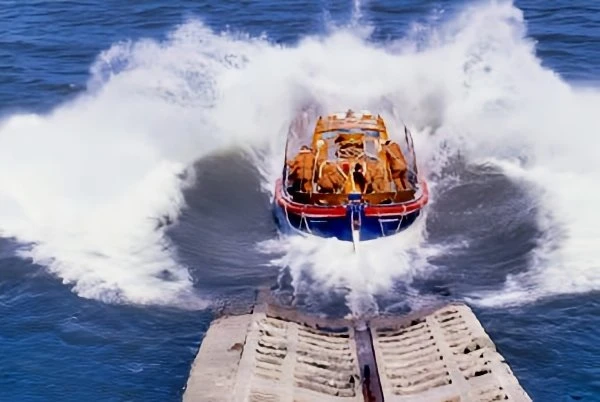
Ennal's Point was a standout production for BBC Wales, a rare drama series focused on the professional and personal lives of the people involved with the Royal National Lifeboat Institution (RNLI). The series earned praise for its technical accuracy, thanks in part to the support of the Mumbles Lifeboat Coxswain and crew, and was considered relatively accessible entertainment. The cast included Philip Madoc as Jack Tustin, Glyn Owen (Howards’ Way) as ‘Animal’ Morgan, Gerald James (Hadleigh) as Stick Watts, Beth Morris (The District Nurse) as Jenny Grail, and James Warrior (The Bill) as Harry Quentin. Rachel Thomas (How Green Was My Valley) played Auntie Nance Grail, the matriarch of the Grail family, which had experienced personal tragedy, with two members having died in the line of duty on the lifeboat. Alun Lewis also appeared in the series as Billy John Grail, a role that preceded his fame as Darryl Stubbs in the popular sitcom Birds of a Feather.
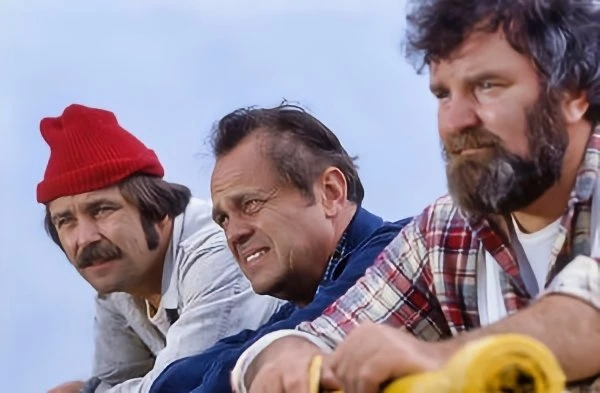
The show effectively highlighted the physical and emotional toll of the lifeboatmen's work, dealing with the ever-present danger of responding to maritime emergencies. The first episode served as an introductory one, establishing the key characters and their lives. However, while the programme had the potential to delve deeper into the complex relationships and interpersonal dramas between the crew members and their families, it didn’t quite take advantage of this potential. As a result, Ennal's Point never fully explored the soap-operatic potential that was present in Richards' original novel, and only six episodes were produced.
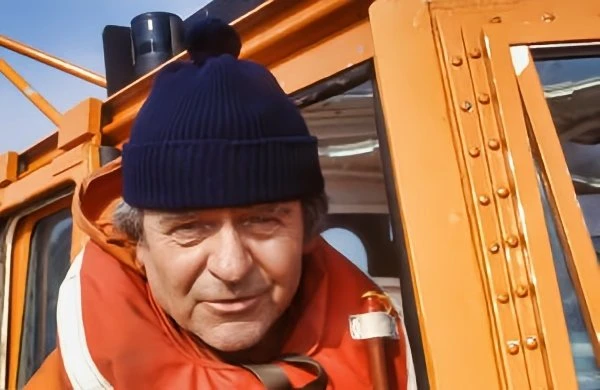
Philip Madoc's performance as the calm, steady Coxswain was a major draw for audiences, which would continue in his role in the long-running Channel Five crime drama A Mind to Kill some fifteen years later. His character’s quiet strength was a backbone for the rest of the lifeboat crew, and the stunning location shots of Mumbles Bay added authenticity and beauty to the series. The theme song, an excerpt from Hazel O'Connor's Will You? which had originally appeared in the film Breaking Glass, further contributed to the emotional atmosphere.
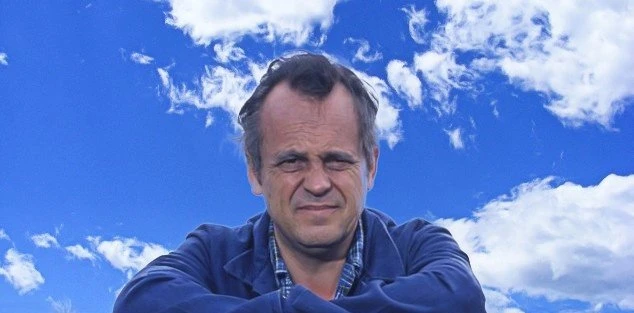
Although Ennal's Point has faded from public memory over time, it remains an important piece of BBC Wales' early efforts to produce high-quality entertainment. It exemplifies the network’s ability to create compelling drama that rivalled, and in some cases exceeded, the output of its larger parent organization.
Seen this show? How do you rate it?
Seen this show? How do you rate it?
Published on March 4th, 2025. Written by Laurence Marcus for Television Heaven.


